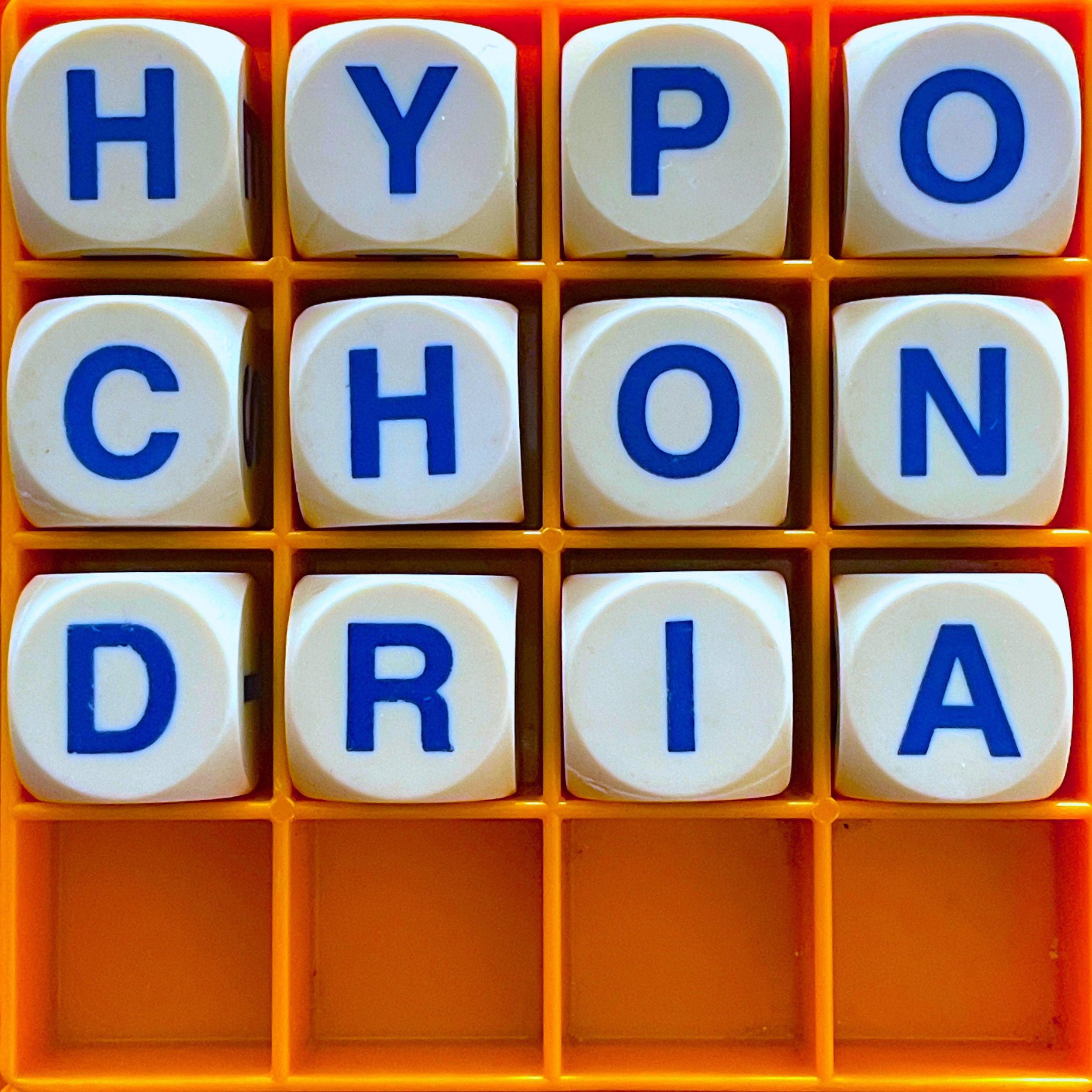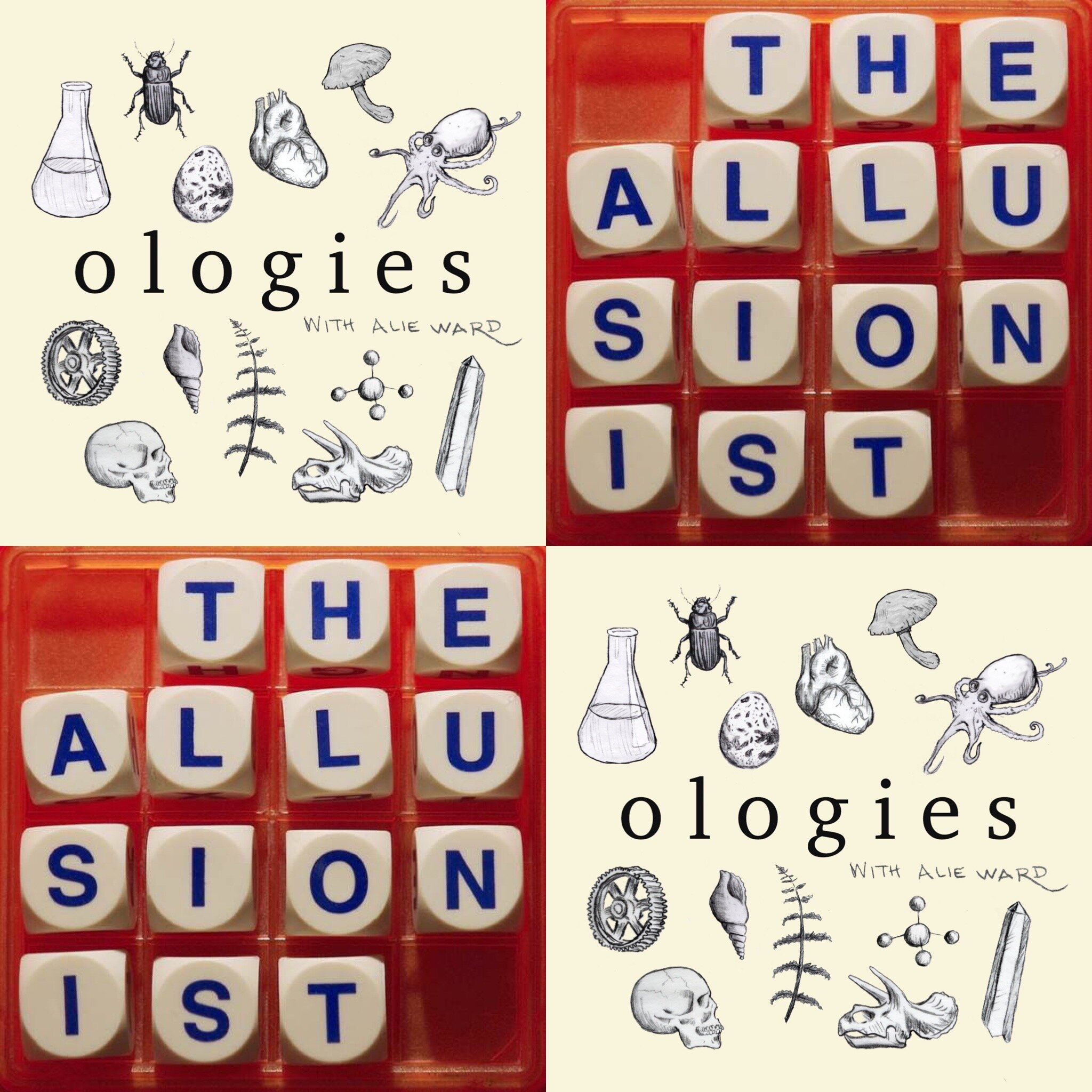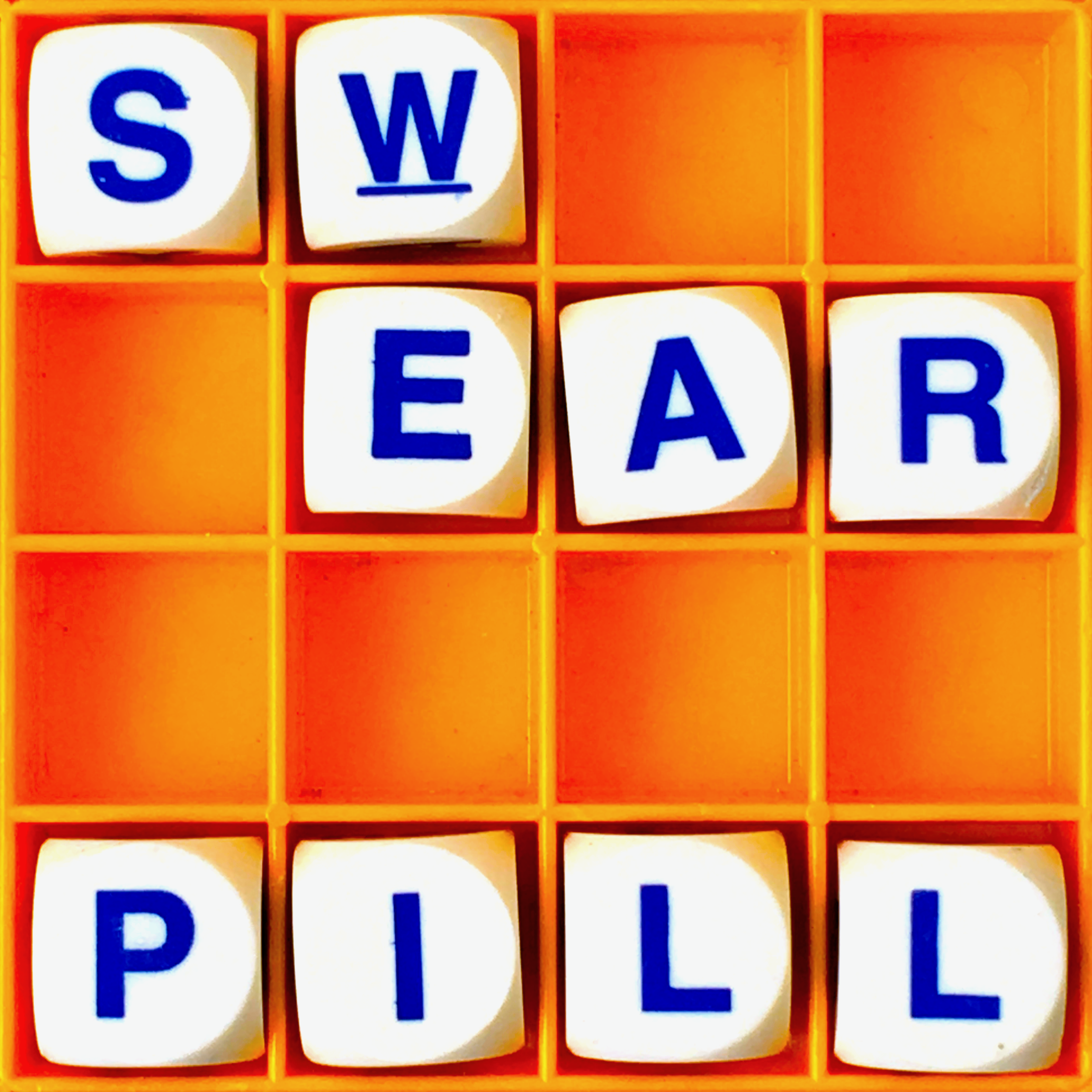CAROLINE CRAMPTON: A lot of the theoretical material that I'd read about hypochondria very much positioned it in this binary situation that either someone has, quote, real illness, i.e. illness that you can detect with a scan or a blood test or some other diagnostic tool, or "It's all in their head and it's made up," and those are the only two ways it can be. But, just personally, I feel like I'm pretty much constantly experiencing some combination of the two. And I think the idea that there is unwarranted fear: I don't think there is any such thing as unwarranted fear, to be honest.
Read moreAllusionist 180 Project ENABLE transcript
STERLING MARTIN: Growing up, I've always had an interest in science and that's something my family helped nurture. Also just growing up, there weren't many Navajo words in science. Then I went to undergrad at the University of Iowa and my parents were like, "Oh, what are you doing?" And I worked in a research lab, so I could get some bench experience, and just trying to explain to them what I was doing scientifically, I could tell they weren't really catching on to what it meant.
Read moreAllusionist 169 The Box transcript
SUBHADRA DAS: A guy from the UCL estates team, screwdriver, took the plaque off the wall.
HZ: That's it?
SUBHADRA DAS: That's how you dename a building. It's not difficult.
Allusionist 159 Bufflusionist transcript
HZ: ‘Vampyre’ with a Y was pretty interchangeable with ‘vampire’ with an I when it first landed in English. Actually, I think the first appearance in English was with a Y. We probably got it from French or German, but it was based on - it’s a little unclear, but it was based on Hungarian, possibly, or Slavic languages. And it was because, at the time, they were doing a lot of coverage of the Serbian vampire epidemic of 1725 to 1732.
JENNY OWEN YOUNGS: Oh, of course.
HZ: Apparently there were a lot of Eastern European vampire epidemics.
KRISTIN RUSSO: What is a vampire epidemic?
HZ: I assume an epidemic of vampires. Imagine Covid, but for vampirism. And no vaccine. No masking is going to save you.
Allusionist 143 Hedge Rider transcript
Sometimes it would be useful if a podcast had footnotes, wouldn’t it, so that if you came here just for etymology, you didn’t get derailed by a tale of someone frightening off a ghost with semen.
Read moreAllusionist 114. Alarm Bells transcript
ROBIN WEBSTER: I am as guilty as any, having worked as a sort of techie professional in this for a long time of writing those sentences that go "By 2050, the trajectory of the curve will be movement this and carbon capture and storage," these paragraphs that just mean nothing to nobody. And they are about things which are far away in time, far away in place. We were using these words like ‘sustainability’ and ‘trajectory’ and ‘parts per million’. And I was like, what on earth is this language? It doesn't say anything.
HZ: ‘Parts per million’: that's the stuff to get people up and ready for action.
ROBIN WEBSTER: 450 parts per million, let's go!
Allusionist 113. Zaltzology transcript
ALIE WARD: Carrie Studard wants to know: “Are there any synonyms for the most hated word, ‘moist’?”
HZ: Moist. Do you hate the word ‘moist’?
ALIE WARD: At this point, it's an underdog. You know what I mean? Like, can moist live? Can it just do its business? I don't hate it.
HZ: It's fine.
ALIE WARD: I don't hate it. I tend to think of dew or grass more than I think of...
HZ: Well, that's a lovely form of moisture. I suppose the people who hate it are maybe thinking of bodily crevices. And that's their prejudice showing.
ALIE WARD: Yes, it is.
HZ: Yeah. Because other words like ‘damp’ - I mean, if you're moist from the rain, like a raincoat. Damp. Is that better? Is that worse? A bodily crevice could also be damp.
ALIE WARD: Sure. I feel like moist has a certain heat to it that damp lacks.
HZ: A steaminess rather than chilliness. It's good that we're figuring these things out.
Read moreAllusionist 80. Warm Front - transcript
NATE BYRNE: One of the things I find really strange when it comes to the weather is that we're all experts and all idiots at the same time.
HZ: You’re supposed to be the expert though.
NATE BYRNE: Right. Yeah! But I mean, we all live in it every day and we all feel like we understand the weather really well and we hear weather reports every single day. Now, if you are practicing a skill every day, on average you're generally excellent at it; that’s a real strength of yours. But it turns out that meteorologists typically haven't been very good at telling people what it is they're trying to tell them. So showers, just for example, means the rain's going to start and stop and start and stop; it doesn't tell you anything about the volume. Rain means it's just going to be continuous, and again doesn't tell you anything about the volume; but we have built, somehow, cultural expectations and understandings that go with those words that the scientists don't actually mean when they're using those words and it makes a really tricky job.
Allusionist 74. Take A Swear Pill - transcript
HZ: So why is swearing good for you?
EMMA BYRNE: It's good for us socially, in that it is this really useful telegraph of our emotions; it's a good way of avoiding physical conflict. It's also a really good way of bonding, of saying "I hear you. I feel the strength of your emotions," like saying "Fuck that shit" when someone comes to you with something that's obviously upset them. Sometimes it needs to be something stronger than just putting your arm around their shoulder going, "Oh there, there". It's also really useful individually, both for a cathartic side of things when you do something painful or frustrating, letting it out there.
HZ: Another reason swearing is good for you: it relieves pain.
EMMA BYRNE: That is really potent and surprisingly well documented. When you stick your hands, for example, in freezing cold water, you can stand it for about half as long again if you’re using a single swear word than if you're using a single neutral word. Not only that: when afterwards you're asked about how painful that experience felt, you report that cold water as feeling much milder than the water that you had your hand in while you were using some neutral word. So we know that it's really handy for dealing with pain that's being inflicted on you. We also know that it's quite useful, for example, among people who are suffering from long term conditions - so not pain that's been inflicted in a lab, the pain that is ongoing. So managing particularly the emotional aspects of long term pain, a good swear can be cathartic.
Read more








